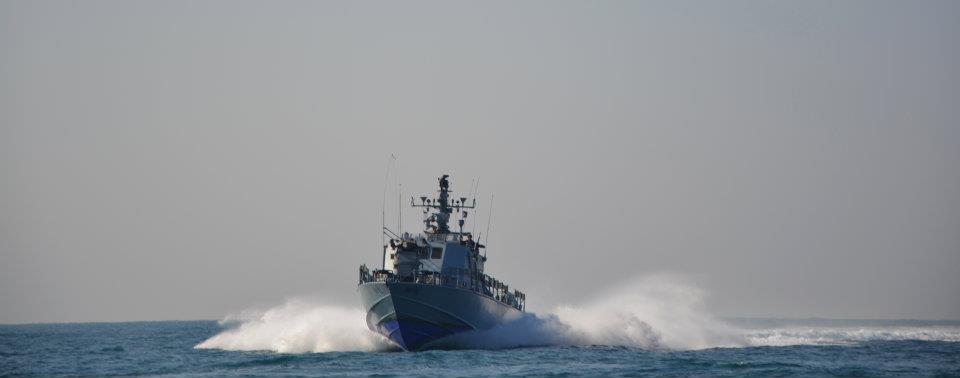Tag: Civil Peace Service Gaza
-
Israeli navy harasses Palestinian fishermen, international observers off Gaza coast
3 December 2011 | Civil Peace Service Gaza On Saturday, 3 December 2011, the Israeli navy harassed Palestinian fishermen and international observers three miles off the coast of Gaza. Between 10:00 and 11:00 am, two warships repeatedly charged a group of seven hasakas, one trawler, and the Civil Peace Service Gaza boat Oliva.
-
Israeli navy hunts Gaza fishermen
24 November 2011 | International Solidarity Movement, Gaza Video of our international human rights observation boat outrunning the Israeli navy as it attempts to fire a watercannon on Palestinian fishing boats under 3 miles out to sea. Publicly, Israel ‘allows’ fishermen in Gaza 3 miles in which to make a living. Today, as happens on…
-
Fishing in Gaza – no day at the beach
24 October 2011 | Notes from Behind the Blockade I saw an Israeli naval warship for the first time yesterday, a concrete monster the color of ash, guzzling up the Mediterranean and spurting it out in its wake. I rose early to go out with the Oliva, a small white boat used by Civil Peace…


